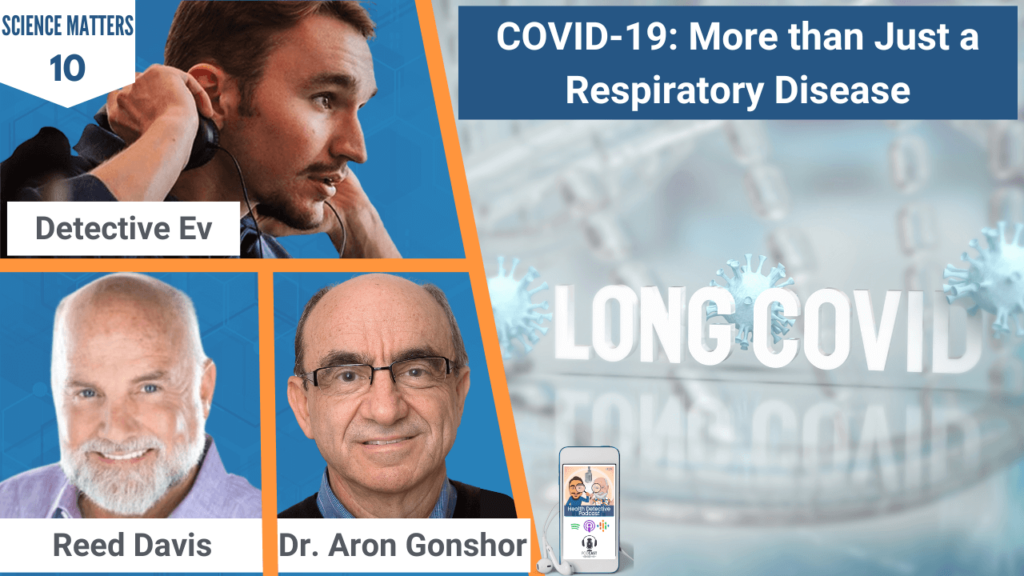Summary
In this episode on COVID-19 of Science Matters, the discussion centers around two groundbreaking studies on long COVID, a chronic condition affecting millions worldwide. The first study explores how core mitochondrial genes are downregulated during SARS-CoV-2 infection, affecting both rodents and humans.
It reveals that while mitochondrial function in the lungs recovers, it remains impaired in other organs such as the heart, kidneys, and liver. This indicates that long COVID should be viewed as a systemic disorder rather than just a respiratory one. The suppression of mitochondrial genes beyond the lungs might be causing long-term organ damage, highlighting micro RNA 2392 as a potential therapeutic target to mitigate viral replication and serious complications.
The second study investigates the role of serotonin reduction in long COVID patients. It demonstrates that post-acute sequelae of COVID-19, or long COVID, are associated with decreased serotonin levels, partly due to reduced absorption of its precursor, tryptophan, and increased monoamine oxidase (MAO) activity. This depletion affects cognitive functions through diminished vagal signaling, linking serotonin deficiency to memory loss and other neurological symptoms. The study suggests that serotonin replenishment and the use of selective serotonin reuptake inhibitors (SSRIs) could help alleviate these symptoms.
Dr. Gonshor further elaborates on inflammaging, chronic low-grade inflammation associated with aging, which can lead to cognitive decline and diseases like Alzheimer’s. The podcast emphasizes the need to consider the broader systemic impacts of COVID-19 and explore targeted therapies for long COVID, showcasing the profound and intricate metabolic chaos inflicted by the virus. Listeners are encouraged to subscribe, share, and engage with future episodes to stay updated on the latest scientific insights.
Topics
00:00 Introduction to Science Matters
00:19 Overview of Long COVID Studies
00:25 First Study: Mitochondrial Dysfunction
02:06 Discussion on Inflammaging
15:12 Second Study: Serotonin Reduction
22:26 Key Takeaways and Conclusion
23:23 Closing Remarks and Next Episode Preview
Previous Episodes
Grab a copy of the studies and catch up on previous episodes by CLICKING HERE
Scientific Literacy Course
In a world propelled by science and technology, understanding the fundamental principles of science is no longer just an advantage—it’s a necessity. To thrive in tomorrow’s world, become equipped not just with scientific knowledge, but with the ability to critically engage. Grab the Scientific Literacy Course offered by FDN by CLICKING HERE
More About FDN
Go to our Health Detective Podcasts for informative, functional health oriented podcasts.
HEALTH SPACE UNMASKED (UPCOMING LIVES)







